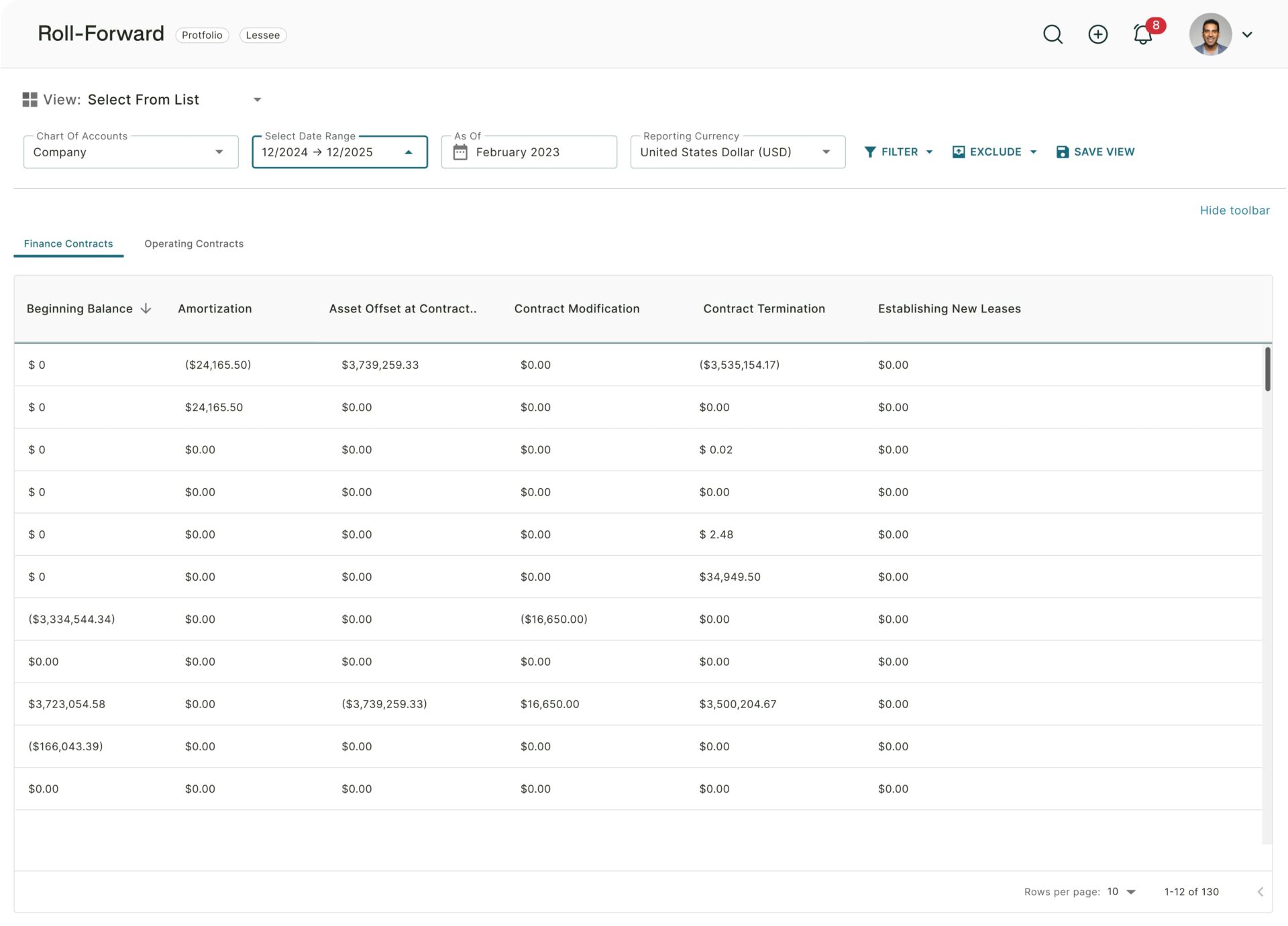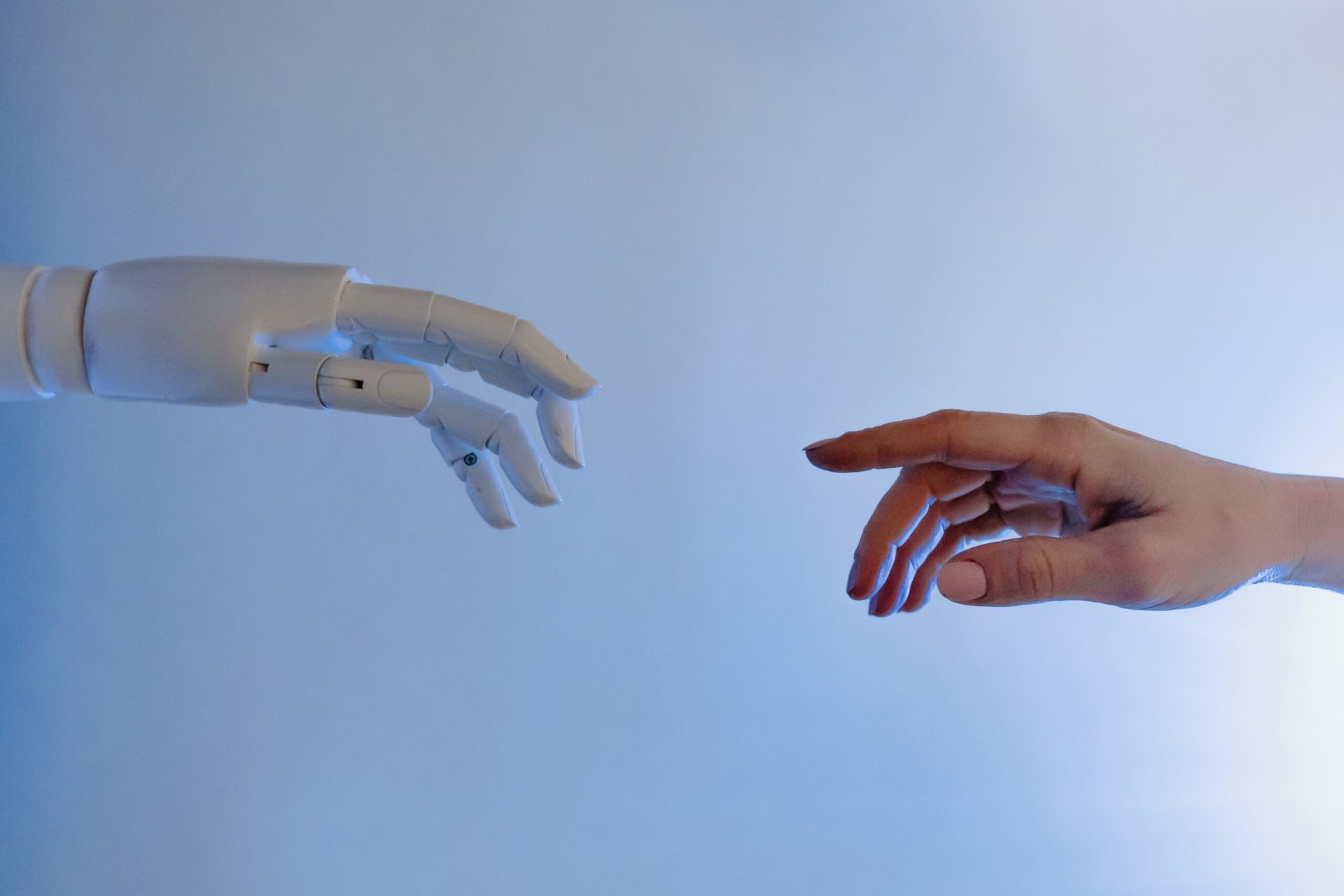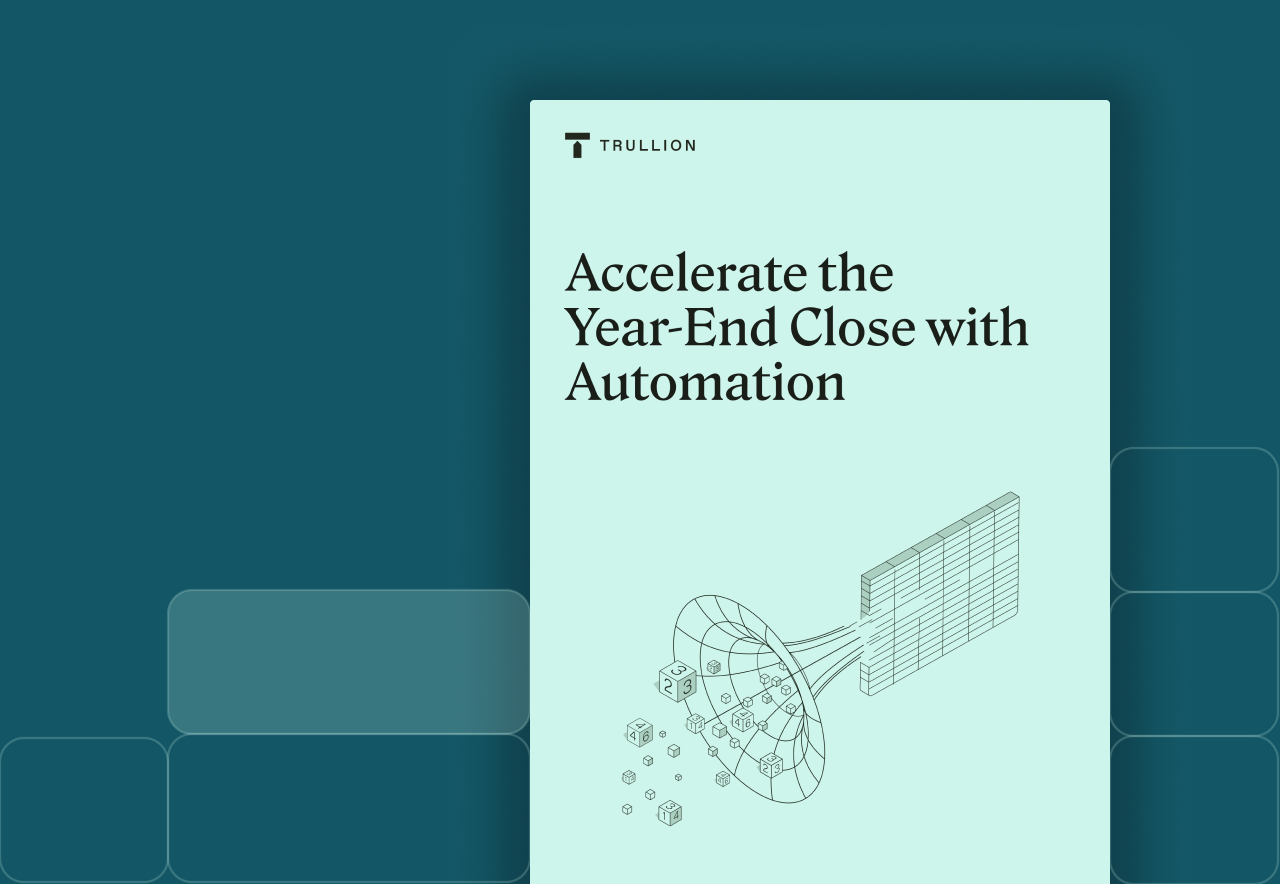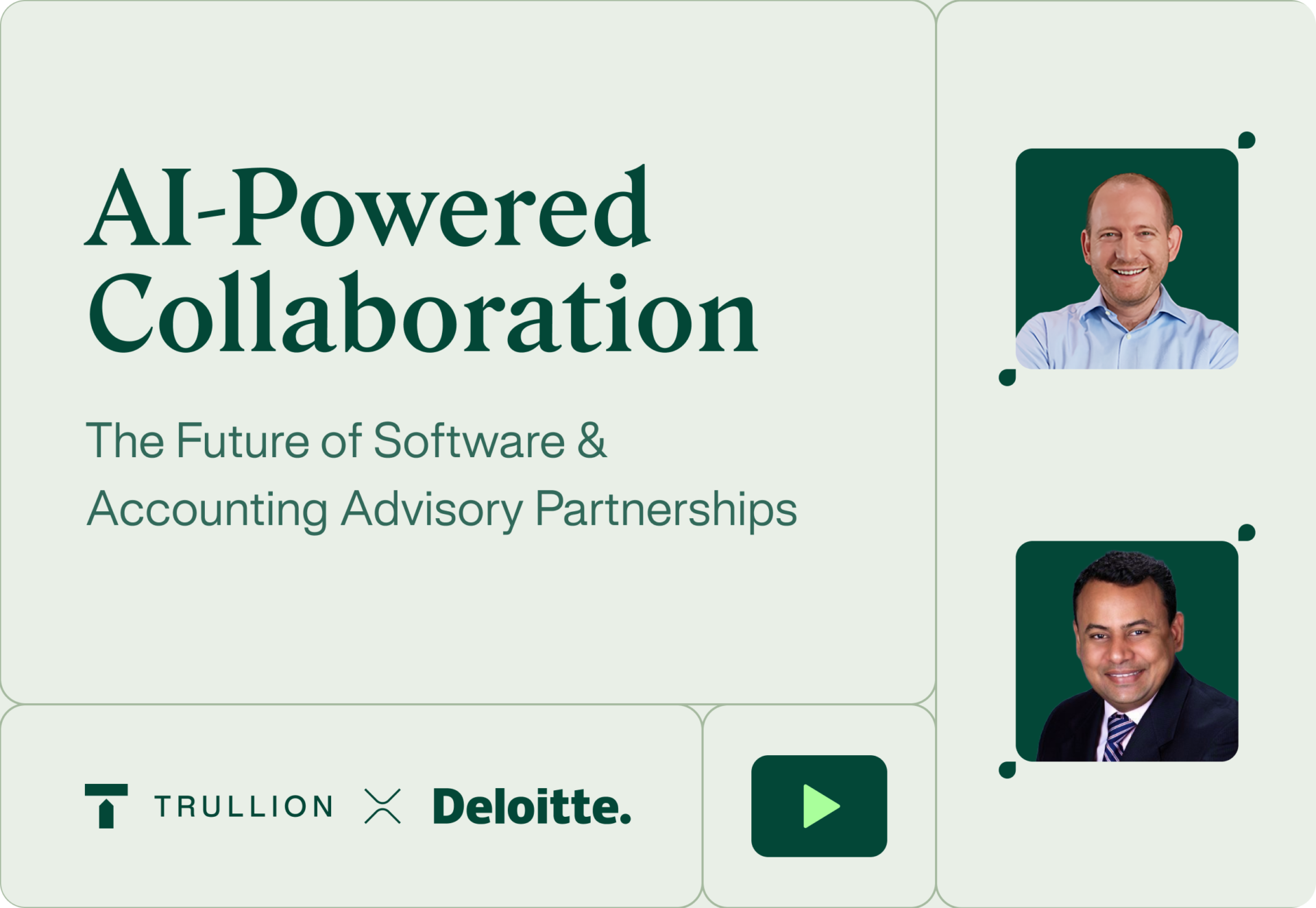AI is transforming the way accounting is done, and those who don’t embrace this change risk falling behind in an increasingly competitive market. You need to be planning for the future of your profession now.
The introduction of AI to the the world of accounting presents a host of challenges and opportunities. Think about it: As CEOs and CFOs sign their name to increasingly high-stakes financial reports and disclosures, it makes total sense to have technology underwriting your reputation. With levels of accuracy and throughput that surpass any human potential, the question isn’t so much will AI replace accountants, but rather how will accountants use tech to stay ahead with confidence.
With the ability to process large amounts of data quickly and accurately, AI-powered systems can take on many of the tasks that were previously done by humans such as data entry, financial forecasting, and even audit work. Why would we want people carrying that manual load?
While some may perceive this as a threat to the future of human capital across the financial landscape, it is important to note that AI is not designed to replace humans, but rather to complement them. As AI takes on more routine tasks, accountants will be freed up to focus on higher-level tasks such as financial analysis, strategy, and consulting. It is after all the various judgments that are intrinsic to the processes that confer the regulatory assurances, in which markets and governments place their trust.
Historically speaking, accounting has been an early adopter for change. Technology advancements are constant and accounting is no stranger to this evolution. Consider for a moment how we use tech to accelerate the many working steps on the road to final process outcomes. In the case of the financial sector, Lotus 1-2-3 emerged as the go-to program for accounting, but it was eventually surpassed by Excel in the mid-1980s, which became widely adopted by millions of individuals for accounting purposes. Software platforms including emerging cloud-based offerings are taking the industry forward once again.
The world is becoming more connected than ever
In the past, there would be a physical source document, that would need to be filed, while a spreadsheet is updated, a journal entry created, and a ledger account updated – not to mention disclosure requirements at the end of the process.
Today, especially with modern ERP systems, all of this is online; there are fewer physical documents to be found. As these systems become more integrated, they become more automated. Add in AI, and you have an accounting system that does much of the heavy lifting.
AI can spot things that humans could miss. Repeatably.
You might look for obvious anomalies, but when tired and stressed we can all miss things. AI, on the other hand, can spot trends and anomalies that would be invisible to the human eye. Tech doesn’t sleep, get sick or need a vacation twice a year. It does however need those same savvy humans on hand to train, guide and refine its outputs to accelerate their judgments and related processes towards a timely process close.
Improving real-time insights and analysis
Another benefit of AI in accounting is its ability to provide real-time insights and analysis. With the vast amount of data that companies generate, it can be difficult for accountants to keep up with it all. However, AI can quickly and easily process this data, providing you with valuable insights that can help make better decisions.
At the tactical level, AI can help you create more compelling reports, more professional presentations, and more effective internal and external communication.
You run the show
AI itself is neither positive or negative – it’s what you do with it that counts. If you can identify ways that AI boost productivity and efficiency, then AI has just gone from potential competitor to staunch ally.
However, AI is not a replacement for the human touch. While AI can automate routine tasks, it does not have the ability to interpret and infer from the data as humans do. It also lacks the human ability to understand the context and meaning of the data. This is where the accountants come in, they are the ones who interpret the data and provide insights that can help the business make better decisions.
So, can tomorrow’s accountant survive without AI? It is certainly possible, but it would be much more difficult. As the accounting industry continues to evolve and change, those who are able to adapt to the new technologies and tools will be the most successful. Those who are able to learn and use AI effectively will be better equipped to stay competitive and meet the demands of the marketplace.









